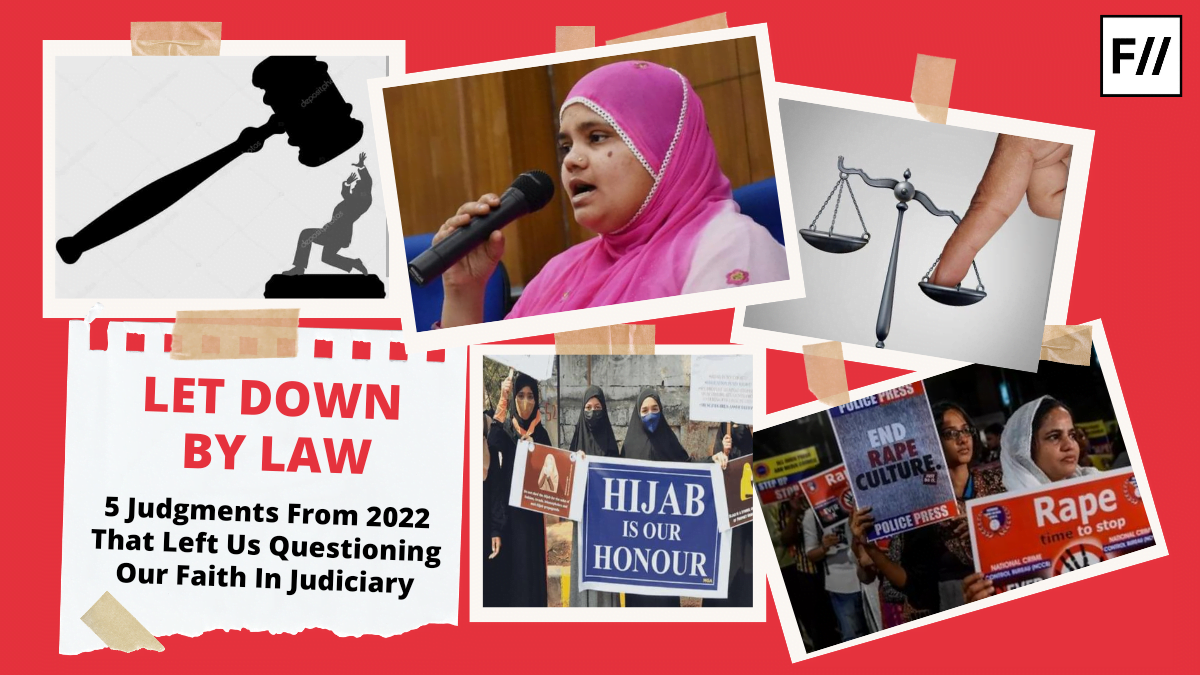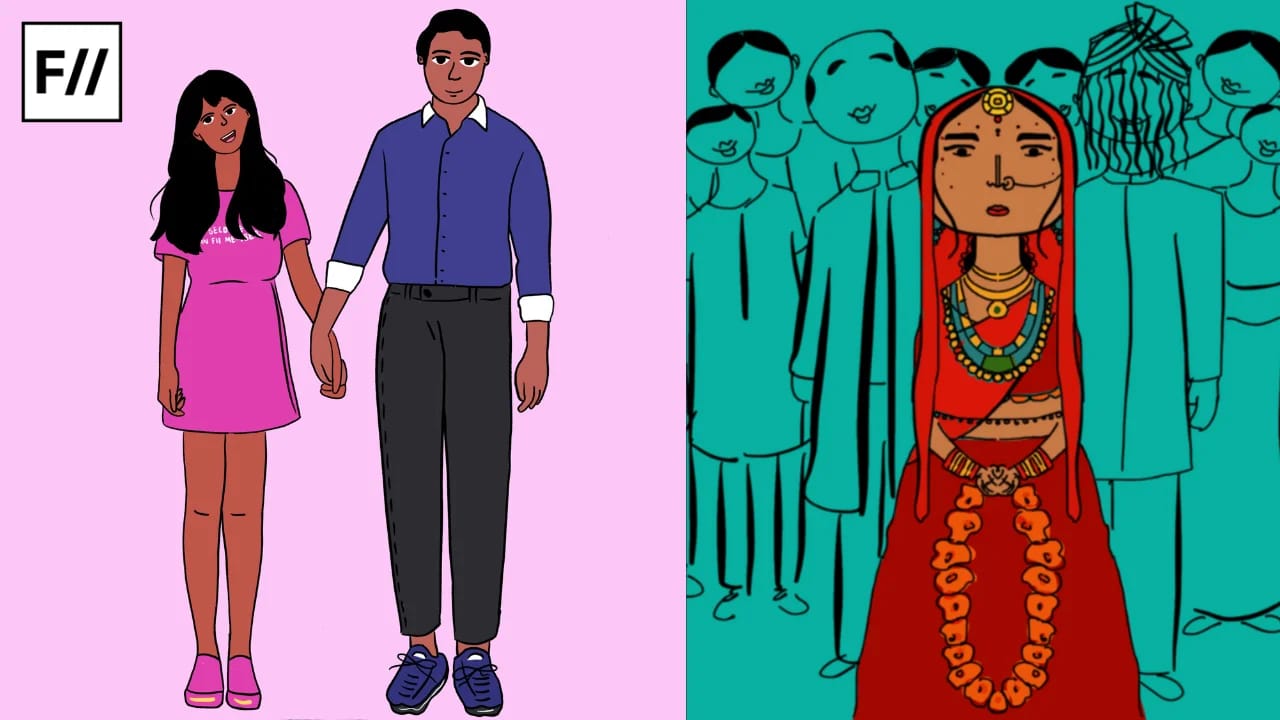In 2022, India has witnessed so much progress in terms of inclusivity. This has been the year where orthodox ideas have been deconstructed only to give new definitions to concepts like – marriage, family, motherhood, and so on. The power that justice holds in our country is immense, and to use that positively is the responsibility of the judicial system. However, a few cases prove that our justice system has huge gaps that need immediate attention. From Bilkis Bano verdict to the Chhawla rape incident, there has been instances where our judiciary created shockwaves and disgust among us.
1. Remission of convicts in Bilkis Bano case
The release of the 11 convicts in the Bilkis Bano case, and their celebratory welcome created ripples among netizens and media this year. The Gujarat government approved the release of 11 prisoners condemned to life in jail in the Bilkis Bano gangrape and murder case during the 2002 Gujarat riots on August 15. After the Gujarat government granted their appeal for remission, the prisoners walked out of the Godhra sub-jail with a heroic homecoming celebration. In 2008, a special Central Bureau of Investigation (CBI) sentenced 11 of the 13 accused men to life in jail for murder and gang rape.
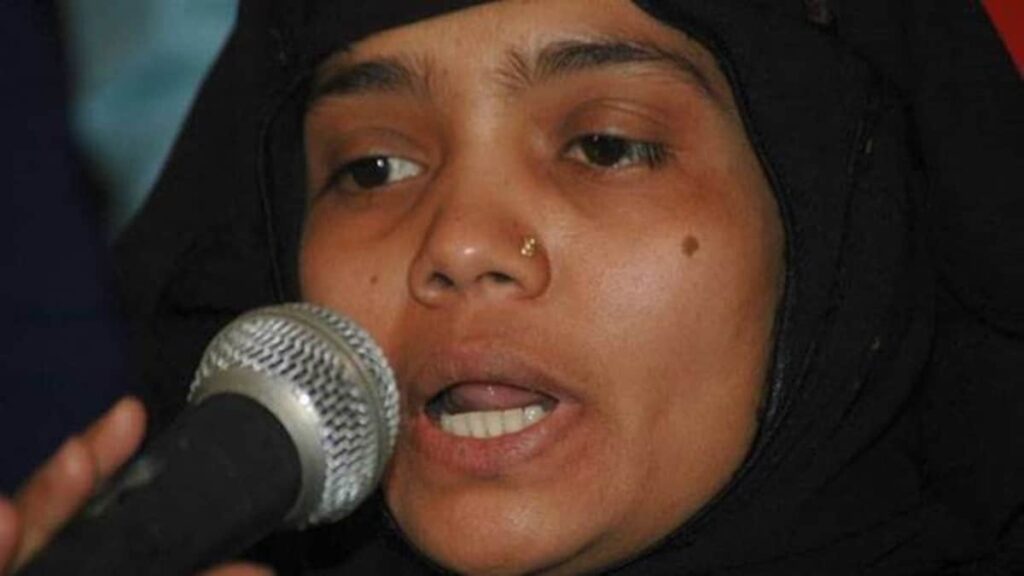
The conviction was affirmed by the Bombay High Court, and the prisoners had been imprisoned for more than 15 years when one of the convicts, Radheshyam Shah, petitioned the Supreme Court for early release. The remission was granted as they had served 14 years in prison, informed the state authorities. Other variables such as their behavior in jail, age, the severity of their offense, and so on were also considered. The release was later shown to have been sanctioned by the federal government.
Also read: Bilkis Bano’s Plea Challenging Release Of Rape Convicts- Will Justice Be Delivered?
The release posed questions on multiple issues, such as – religious marginalization, gendered violence, and justice for minorities. This was seen to be one of the most biased decision taken by the court and the government, taking away whatever justice that was offered to the victim Bilkis Bano.
2. Supreme Court dismissed Bilkis Bano’s petition against remission of convicts
Following the remission of the 11 convicts, Bilkis Bano filed two petitions against the Gujarat High Court’s judgment, among which one was dismissed by the Supreme Court recently. The Supreme Court agreed to hear her petition on December 13 2022. However, her hearing was adjourned as Justice Bela M. Trivedi, who was also the Gujarat Government’s Law Secretary from 2004 to 2006, recused herself from hearing Bilkis Bano’s case.
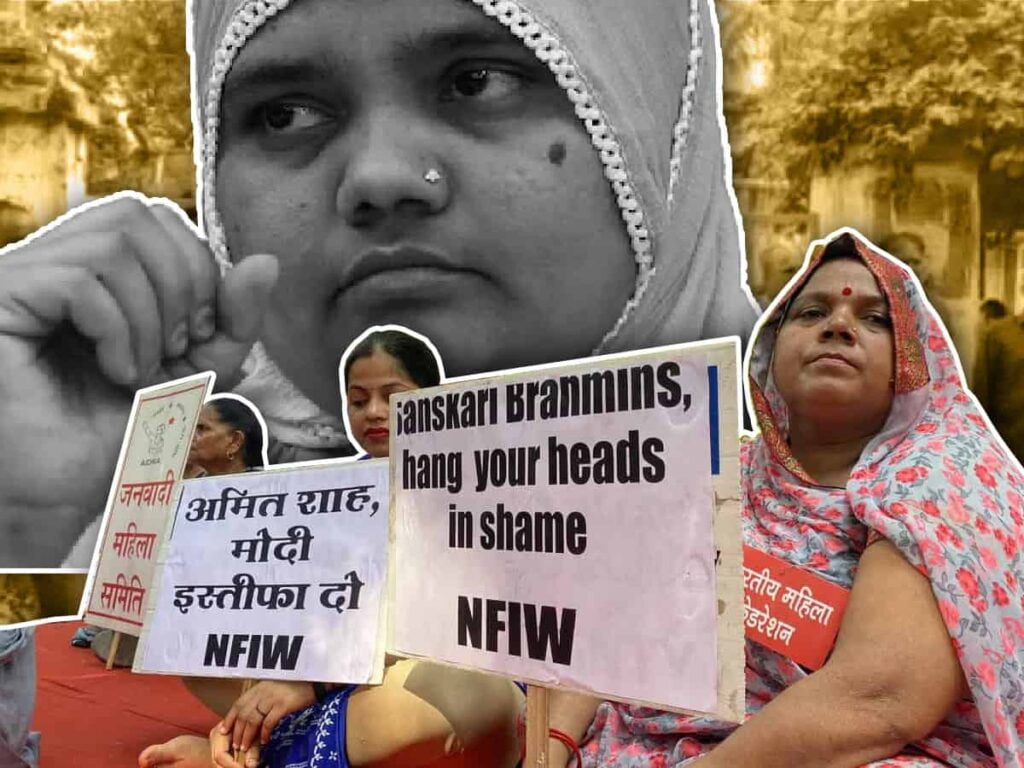
A bench comprising Justice Ajay Rastogi and Vikram Nath issued a two-paged order claiming that there was no error observed to review the given judgment. This decision was a huge blow to Bilkis Bano and her family, after they were assured justice by the state.
3. Janhit Abhiyan Vs. Union of India
The Supreme Court was criticised to have failed to protect the basic structure of the Constitution in Janhit Abhiyan vs. Union of India then it held the validity of the 103rd Constitutional Amendment of 2019, which provides for reservation of Economically Weaker Sections (‘EWS’) from upper castes in higher education and public employment. Justices Dinesh Maheshwari, Bela Trivedi, and JB Pardiwala supported the amendment, whereas Justice S Ravindra Bhat and Chief Justice UU Lalit disagreed with the decision.
The question raised is whether the 103rd Constitutional Amendment undermines the fundamental constitutional principles by providing reservations solely based on economic considerations.
4. Split-verdict on Hijab ban issue
The Supreme Court of India recently issued a divided judgement on a batch of petitions against the Karnataka High Court’s decision in Resham versus State of Karnataka, in which a single judge supported the decision of government pre-university institutions to ban the wearing of hijabs.
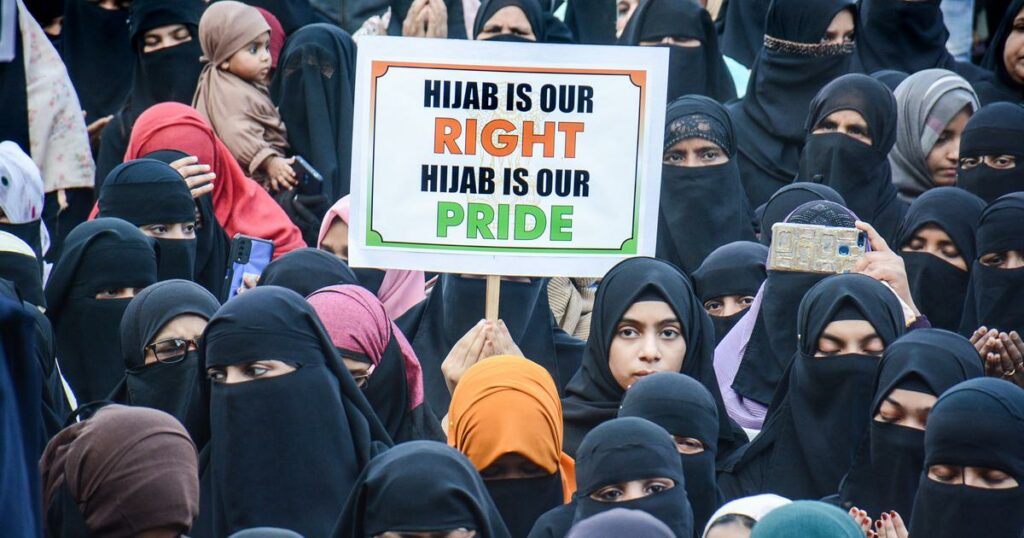
Hijab-wearing college students have been refused access, several times, to examination centers due to noncompliance with the dress code. The Karnataka High Court heard the case earlier this year after female students were forbidden from wearing hijabs within the premises of the institutions. The prohibition was upheld on the grounds that wearing the headscarf is not a “essential religious practice” (ERP) to Islam and hence does not fall under the protection granted under Article 25 of the Indian Constitution.
Also read: From Hijab Ban To Bulli Bai/Sulli Deals: The Muslim Women’s Assertion Against The Hindutva
Later, on October 13 this year, a bench of the Supreme Court comprised of Justice Hemant Gupta and Justice Sudhanshu Dhulia issued a divided ruling on a batch of appeals filed against the Karnataka High Court decision in Aishat Shifa vs The State of Karnataka and Ors. The case could not reach an unanimous decision since the bench was divided between two conflicting judgments – Justice Hemant Gupta’s finding sustaining the ban and Justice Dhulia’s opinion in favor of lifting the restriction.
5. SC acquits rape convicts in Chhawla rape case
The Supreme Court acquitted three men condemned to death for the gang rape and murder of a 19-year-old woman in Delhi’s Chhawla neighborhood in 2012. In its ruling, the court noted that the accused were robbed of their rights to receive a fair trial. The court also justified its verdict by saying that there were no clear evidence that they have committed the crime. In February 2012, the three convicts were proven guilty of kidnapping, gang-raping, and brutally murdering the victim. Her mutilated body was discovered three days after she was kidnapped. Just like the Bilkis Bano case, this decision of Supreme Court has immensely shocked the citizens of the country.
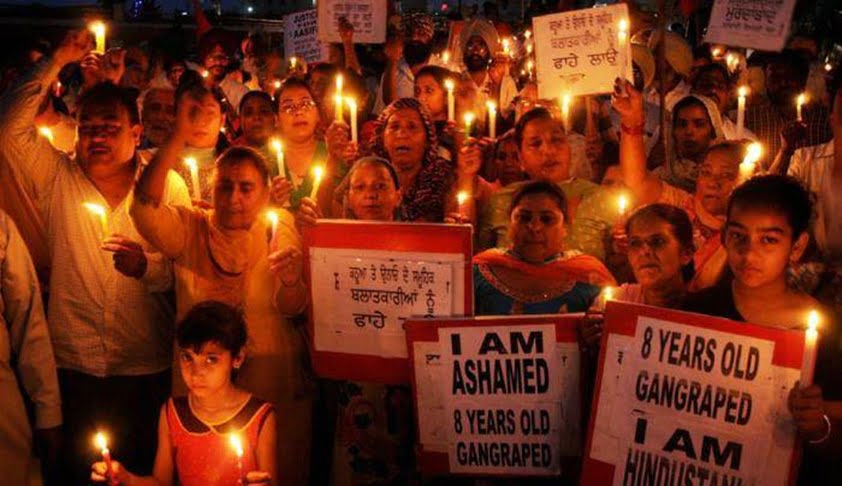
Incidents and decisions as such dim the hope that our country can become a better place to live in. Such regressive decisions by the judiciary are a slap to the progressive steps taken by them. This results in a scenario where the already marginalized section feels more vulnerable and always at risk. If the judiciary cannot be unbiased, who will safeguard the basic survival rights of the people at the periphery of the society ?
About the author(s)
Simantini Sarkar is a student, writer, and feminist, as well as a literature and film enthusiast. She has completed her Bachelor’s degree from Bethune College, Kolkata, and her M.A. in English from Savitribai Phule Pune University. She writes for various online and offline magazines and is a budding translator. Simantini is also an aspiring research student. Her interests include topics
related to gender, women, politics, and pop culture.
